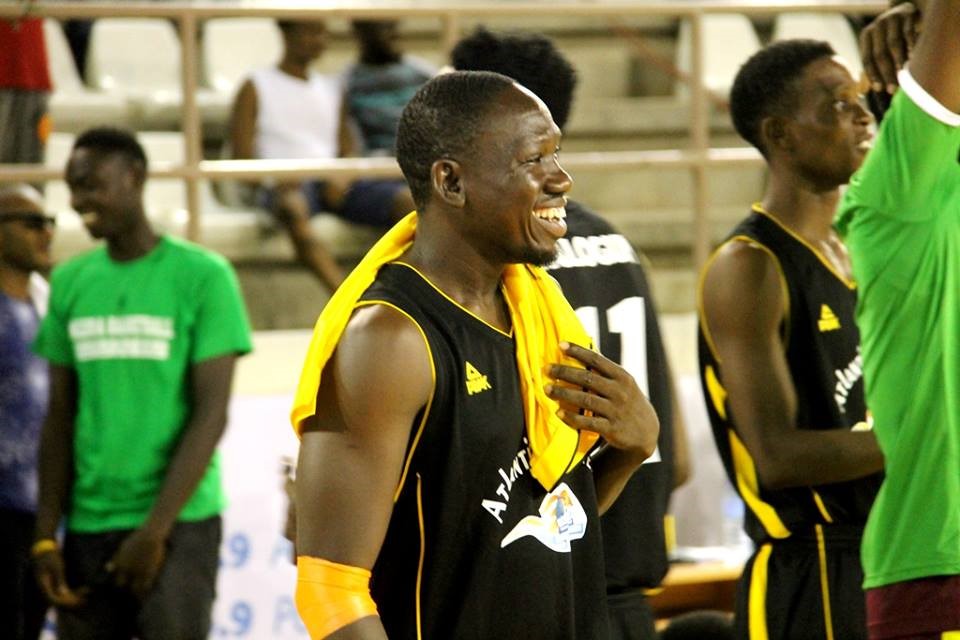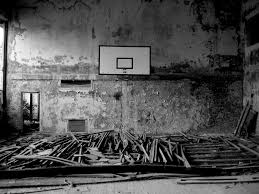The international governing body for basketball FIBA, last year started holding serious constructive talks with key stakeholders towards taking a bold step and creating a new basketball competition in Europe called Basketball Champions League. Between then and now, several meetings have been held with representatives of member federations and clubs to get their confirmation of participating in the maiden (2016-2017) edition of the League.
A major selling point of the league is that it will feature champions of the national league of the member federations as up to 23 national league will participate in the Qualifying Rounds for spots in the Basketball Champions League. Other benefits of the league is that a sum of 30million Euros jointly contributed by FIBA, investors and member federations will be provided annually for the participating teams.
Official logo of the FIBA Europe’s Basketball Champions League
FIBA has promised to ensure that the league fixtures are integrated with the new FIBA Competition Calendar System.
Although, the modalities have not been concluded, there are plans to have two tiers; the Basketball Champions League which includes a qualifying round, regular season, best of 3 playoffs and final four; and the FIBA Europe Cup (a second tier competition). A number of clubs and national federations have already committed to participating in the Basketball Champions’ League.
In my opinion, this is a move by FIBA and FIBA Europe to reposition itself as the organisers of the most elite professional basketball competition in Europe after the advent of the Euroleague Basketball Company in 2000.
The Euroleague Basketball Company is a private basketball company established in 2000. The company created Euroleague Basketball and since the name was not trademarked by FIBA, they had no legal recourse to do anything about it. The Euroleague Basketball Company had the advantage of strength, organisation and financing, therefore absorbing FIBA’s Euroleague.
The Euroleague Basketball Company also created a second tier basketball league – Eurocup (formerly called ULEB Cup) which resulted in the folding up of the second and third tier competitions organised by FIBA Europe – Saporta Cup and Korac Cup.
European club competitions are now fully integrated under Euroleague Basketball`s umbrella.
The same thing comes to mind when thinking about the recently launched African Basketball League (ABL). The ABL is a private league set up to create wealth, empower the youth and promote tourism in Africa through basketball. The maiden edition of the league will feature 6 teams from 4 different countries – Nigeria, Gabon, Senegal and Cote D’Ivoire. The regular season will take a round robin format which each team playing home and away games while the playoffs will be the best of three.
The plan of the ABL management team is to expand the league to 30 teams from 15 countries in 5 years. That implies that the ABL will mirror the national leagues of participating countries, respective FIBA Africa Zonal qualifying tournaments and FIBA Africa Champions Cup all at once.
What does this mean for teams?
Participating teams will have to choose between combining the two leagues and withdrawing from the DSTV/NBBF league. Combining the two leagues means more games for players and the fans. The three ABL teams from Nigeria – Lagos Islanders, Dodan Warriors (now Lagos Warriors) and Union Bank (now Stallions) – all play in the DSTV/NBBF Basketball League. The only advantage of the DSTV/NBBF League is the opportunity to represent the country at FIBA organised continental games and invitation of players to join the national team.
What does this mean for national leagues?
The popular saying is “innovate or die”. The national leagues must ensure constant improvement to make the league competitive and attractive enough in order to retain its followers. ABL might become a more rewarding platform for private clubs.
What does this mean for FIBA Africa organised tournaments?
This is a right time to re-affirm its commitment towards promoting clubs in Africa. There is need to expand the FIBA Africa Champions Cup to accommodate more member federations and also to support participating clubs financially. A starting point is to ensure that the tournament is televised across the continent. Again, the ABL might provide a platform for clubs in countries who do not stand a chance of qualifying for FIBA Africa organised tournaments via their national leagues.
Will the ABL become a preferred option for continental club games?
No matter what happens, 2016 will be a very eventful year for basketball lovers across the country. The ABL and the DSTV/NBBF League have announced March 4 and March 11 as respective tipoff dates and both leagues are expected to have final games around the same time. This means more basketball action.
Landmark Event Centre is expected to host all ABL games in Nigeria, the All Star Weekend and Final Playoffs (about 30 games in total). Likewise, the National Stadium will be the venue of all Lagos games of the DSTV/NBBF League, the All Star Weekend, Conference Playoffs and the Final Eight tournament. A bumper package for Lagos fans.


Comments